Video link to this episode: https://youtu.be/IdA3uHWGEtg
In today’s video, I’m honored to share with you the remarkable story of Nelly Grussgott. This footage was originally filmed on August 12, 2020—long before I had a YouTube channel. It was part of a project by filmmaker Pearl Gluck, conducted for a documentary she was making with scholar Naomi Seidman about the Bais Yaakov girls' school movement. Naomi invited me to assist with the interview, and I was there in the room when it was recorded.
From the moment I met Nelly, I was completely taken by her. Her life story is one of immense pain and breathtaking resilience—a testimony to survival, transformation, and spirit. Just days after the interview, Nelly made Aliya—she moved to Israel—at the age of 90. We stayed in touch, and I even interviewed her again via Zoom for this channel. But this original interview, which has always felt so precious to me, was never publicly shared until now. With the blessing of Pearl and Naomi, I’ve edited it down and am releasing it here to preserve her memory and her voice for posterity.
As of today, Nelly Grussgott is 95 years old—bless her soul, may she live to 120.
Born in Berlin, Germany, in 1930, Nelly witnessed Kristallnacht as a young child. Her early childhood was comfortable—charmed, even—growing up as an only child in a pampered, middle-class Orthodox Jewish home. Her parents were not German-born: her mother, from Czechoslovakia, moved to Berlin at 24 and became successful in the rags/textile business. Her father was Hungarian, and both were deeply religious. Due to the hostility towards Orthodox Jews in Berlin, they adapted to a modern Orthodox lifestyle.
In 1937, Nelly’s father went to the United States to secure affidavits to bring his family to safety. He succeeded—but history intervened cruelly. While her father was still away, Nelly and her mother were forced out of their home and into an overcrowded apartment with five other Jewish families. One night, Nazi soldiers raided the apartment and took the men at gunpoint. Days later, ashes were returned to their wives in the mail.
In a desperate move, Nelly’s father returned to Europe in 1938—traveling to Belgium to reunite the family. It proved to be a devastating mistake. Nelly and her mother, Czechoslovakian citizens, were able to emigrate to the U.S. at the very last moment, getting papers as I understand it in late 1939 but actually coming "in the last hour" in Frebruary 1940. But because her father was Hungarian, and the Hungarian quota was closed, he remained trapped in Europe. His letters continued for several years, growing more despondent until, in 1942, they stopped entirely.
In 1995, the Red Cross confirmed the fate the family had long feared: Nelly’s father was deported to Majdanek, then to Sobibor in March 1943, where he was murdered, along with many relatives.
Nelly’s mother eventually remarried in America, joining with a Satmar Hasid who had also survived great loss. She thrived in Williamsburg, Brooklyn—especially enjoying her later years on Lee Avenue, surrounded by familiar faces and warm greetings. Nelly herself chose a different path, remaining Orthodox but not Hasidic, and went on to raise a mainstream Orthodox family.
I’m deeply grateful to finally bring this interview to light. May Nelly’s story reach far and wide—and may we never forget.
Become a supporter of this podcast: https://www.spreaker.com/podcast/the-frieda-vizel-podcast--5824414/support.
Voir plus
Voir moins
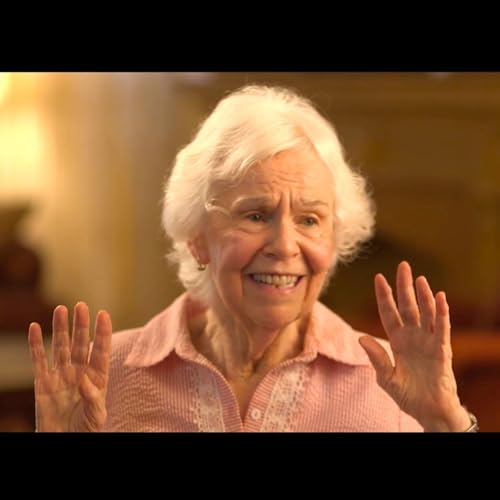 42 min
42 min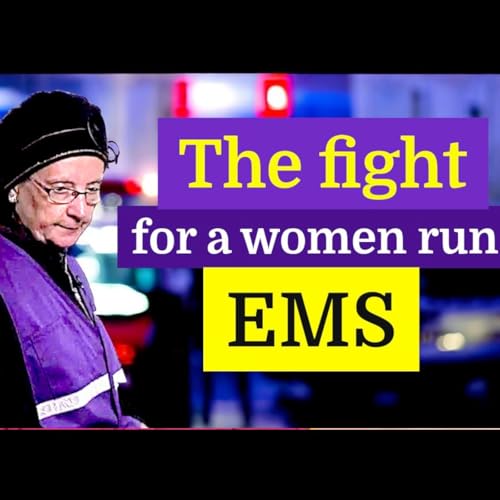 55 min
55 min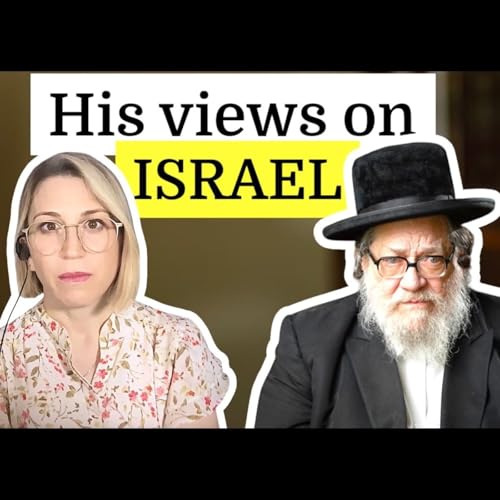 1 h et 28 min
1 h et 28 min 50 min
50 min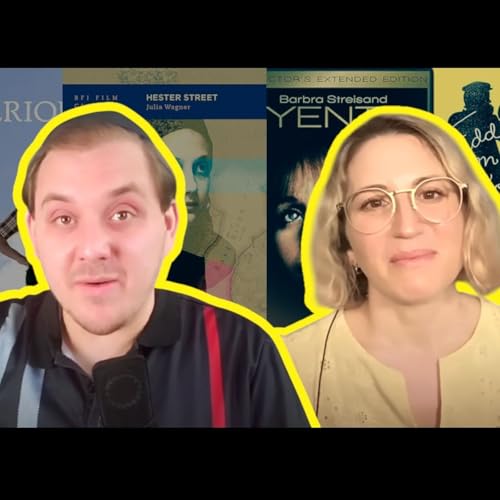 1 h et 28 min
1 h et 28 min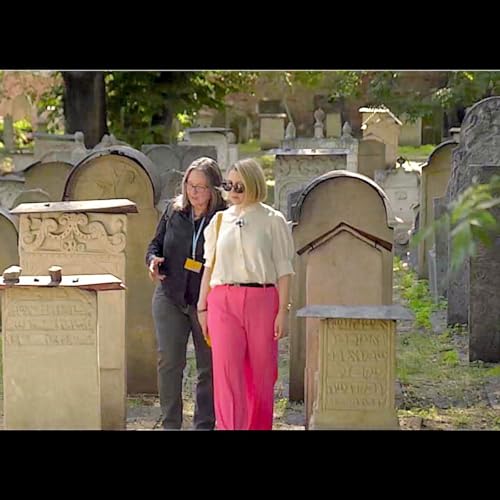 31 min
31 min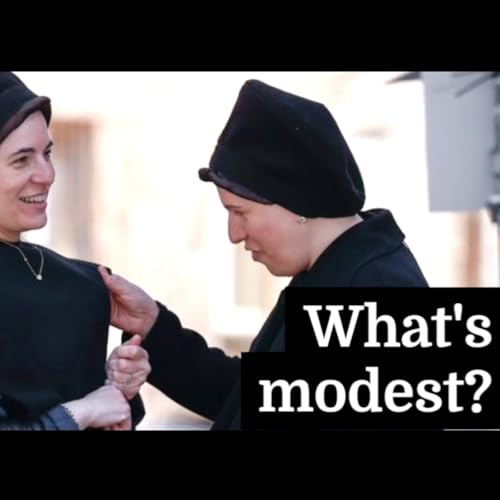 17 min
17 min 1 h et 21 min
1 h et 21 min
